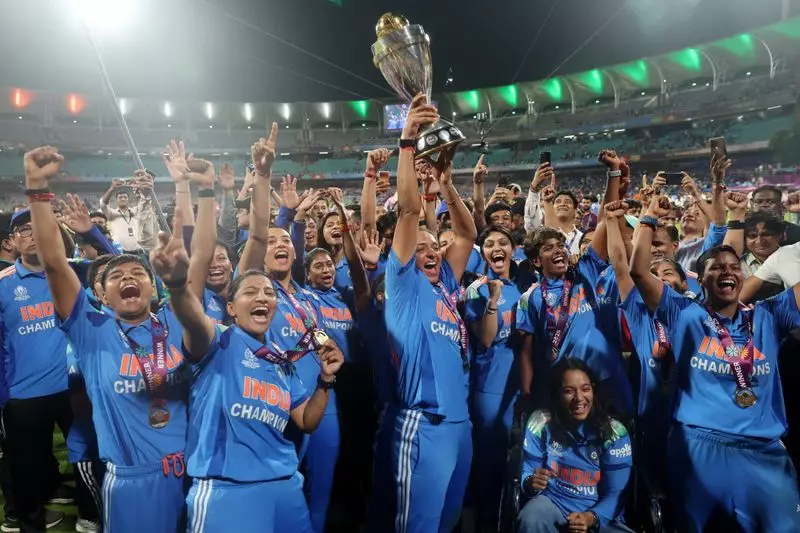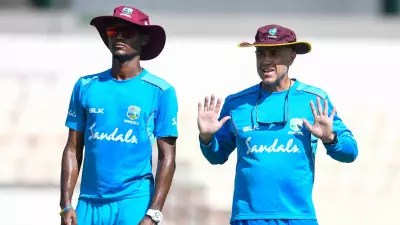
In a landmark move that has rewritten the rules of gender equality in Indian sports, the Board of Control for Cricket in India (BCCI) has unleashed a financial revolution that's transforming the lives of women cricketers across the nation.
The Game-Changing Decision
When BCCI announced pay parity for its women cricketers, it wasn't just a policy change—it was a seismic shift in sporting culture. The decision meant that female players would receive match fees identical to their male counterparts in international cricket, catapulting their earning potential to unprecedented heights.
Financial Freedom Takes Center Stage
The impact has been nothing short of transformative. Star players like Harmanpreet Kaur and Smriti Mandhana have seen their incomes multiply, but the real victory extends beyond the marquee names. The policy has created financial stability for the entire women's cricket ecosystem.
What this means for players:
- Match fees now equal to male international players
- Enhanced central contract values
- Financial security to focus purely on performance
- Reduced pressure to seek alternative employment
Beyond the Paycheck: The Ripple Effect
The equal pay policy has done more than just boost bank accounts—it has elevated the entire women's cricket framework. Young girls now see cricket as a viable career path, while existing players can dedicate themselves completely to the sport without financial worries.
A New Era of Professionalism
With financial barriers removed, women cricketers are investing in better training, nutrition, and recovery methods. The professional gap between men's and women's cricket is narrowing rapidly, leading to improved performance on the global stage.
"This isn't just about money—it's about respect, recognition, and creating a sustainable future for women's cricket in India," the policy has been widely praised as a watershed moment in Indian sports history.
Inspiring Global Change
India's bold move has set a powerful precedent for cricket boards worldwide, demonstrating that gender equality in sports isn't just idealistic—it's achievable and beneficial for the entire cricketing ecosystem.






